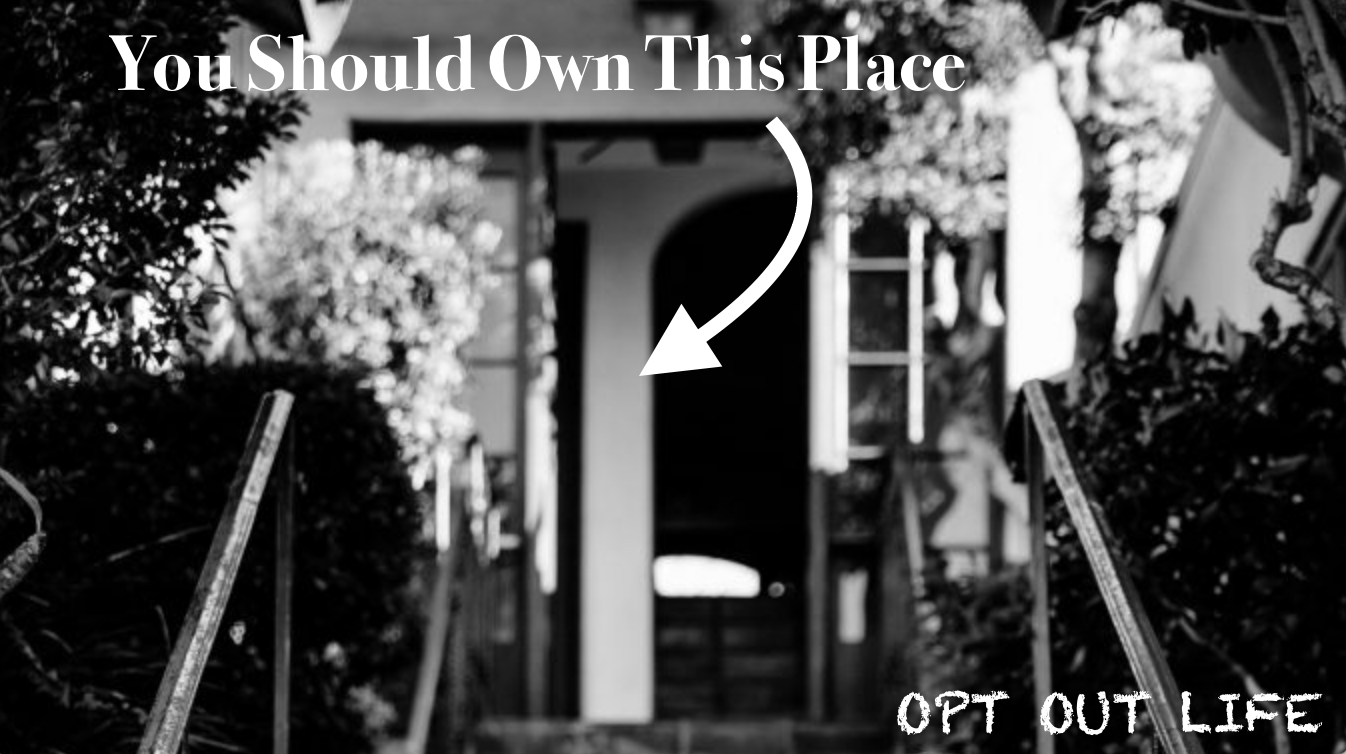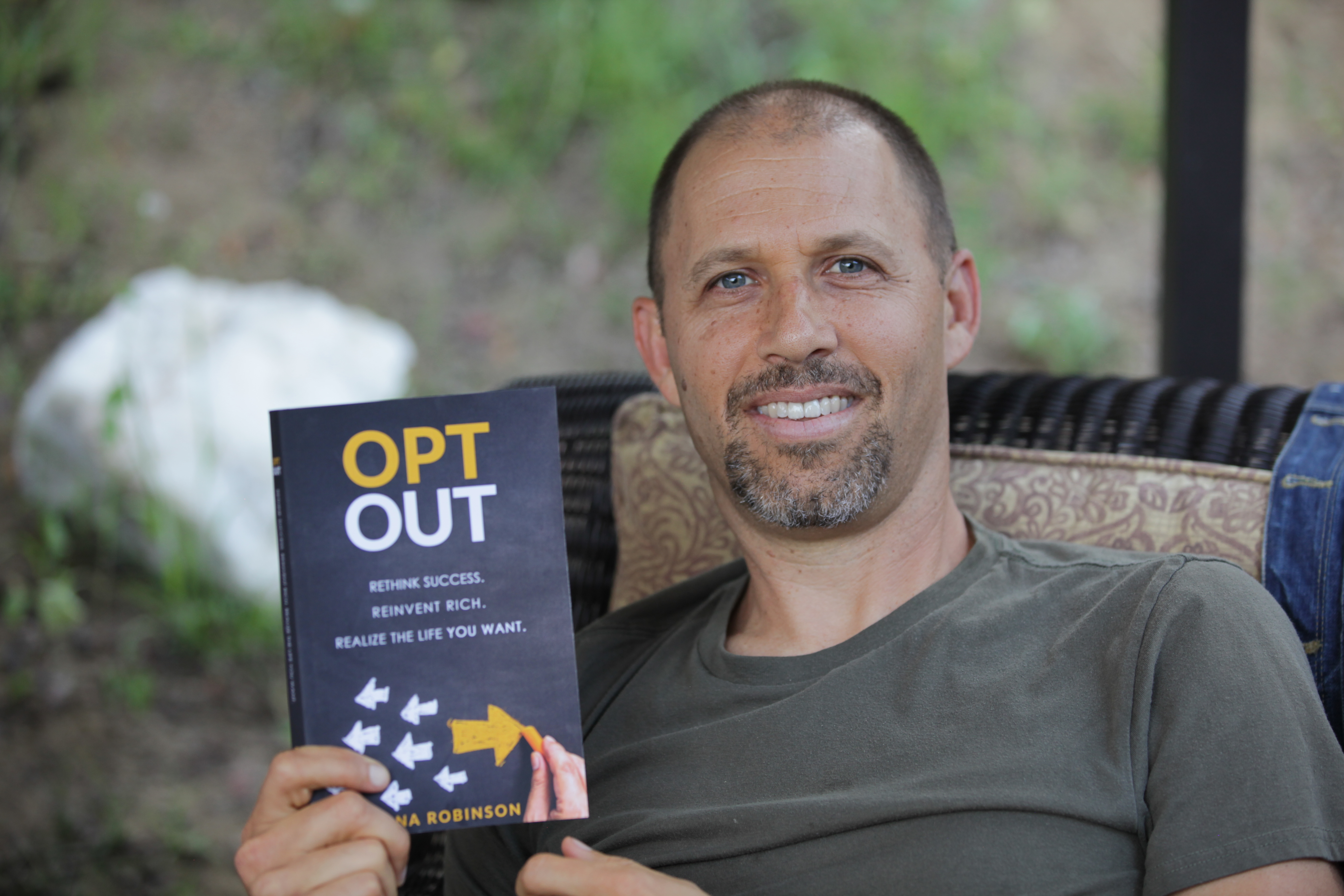Why You Need to Own Real Estate (Eventually)
6 years ago · 8 minute read
For most Americans, there is a mistaken belief that owning a home is the same as having an investment in real estate. Your home is not an investment. It is a liability. Your home costs you something. Even if you own your home cash with no mortgage, there are expenses tied to the property. You must earn other money in order to pay those expenses. When your home has a mortgage, then your expenses are that much higher. These expenses make your home a liability; it costs to own it. An asset is something that generates income.
I am not saying that you should not own a home. It is a reasonable means of preparing for retirement. In California, where Prop 13 keeps our property taxes locked in at our purchase price, it is an even wiser long-term financial play than in other states. A home is a wise hedge against the ravages of inflation. But, just because it is a wise use of financial resources to own your home (in most cases), it should not be considered a “real estate investment.”
A real estate investment is owning real estate that generates income that offsets the cost of ownership, and also appreciates with time. In most cases, where the property also has physical structures, the real estate asset also provides a unique opportunity to “shift” some of what you would otherwise pay in taxes through depreciation.
I tell people to own a home, one that they can afford easily. Live in it and enjoy it and pay it down over time. Don’t get an interest-only loan. Pay your house off! Don’t think you can just buy a house and live in it and then sell it based on the house value going up (with one exception that I discuss below, where a house is lived in for 2 years and then flipped to take advantage of tax free gains). Sure, own a home. But, owning your home is not the same as owning a real estate investment.
Let’s talk about real estate as an investment.
Real Estate – It’s an Investment, and You Need to Own It
Before I tell you that you need to own real estate investments, I’ll give you the hard-truth about investing in real estate.
It’s a bitch. It is a total pain in the ass. Those who own real estate can attest to the fact that it will interrupt the most important and intimate moments of your life.
One great example was when I was out with friends celebrating my birthday, eating the most amazing dulce de leche at Extraordinary Desserts. My phone rang, it was my sister who managed about 90 units of apartments in Phoenix for me.
“Hi Dana. I’m so sorry to bother you on your birthday. I tried to avoid it. But, I have a problem.”
“Hey sis. No worries. It comes with the territory. What’s the problem?” I said.
“Well, there was a leak. I had to get a guy out here to find it. He’s got a five-by-five hole dug in your parking lot, and he found the source. Its several feet down. He can fix it. But, we don’t have an account with him. He needs your credit card to finish it.”
“Ugh,” I moaned, stepping away from the table. “How much does he need?” I was thinking this would be expensive, like at least 500 bucks.
“Sit down if you aren’t already,” she said. I sat. “Five thousand dollars,” she said quietly.
Nice birthday present, right? Five grand in one drop. The icing on my dulce de leche!
“Okay, here it is,” I said.
In the end, the cost was actually a little less, but it is typical in real estate that you get hit with surprises like this…and often when it is inconvenient! If repairs aren’t a problem, tenants are. I owned one building for about 10 years. My staff nicknamed the property “Jerry Springer” because the tenants were just those kind of people, with that kind of drama. That drama will affect your life.
But, while I will tell you that property ownership is full of hassles and unpleasant surprises, I will also say that it is one of the keys to building wealth. Whether you are a seasoned investor, or trying to climb your way out of the rat race, you will need to invest in real estate. I’ve told you why you might not want to own real estate. Let me give you the reason you should own at least a minimum amount of income property as part of your financial strategy.
The $25,000 Tax Reason to Own Real Estate
I’ll write a longer article on the ownership of commercial and large apartment complexes. But, for purposes of this article, I want to talk you through owning “just enough” real estate to take advantage of depreciation, while getting the benefits of appreciation, and as an inflation hedge.
When you buy rental property, you own two components of real estate: the land and the building(s). The land theoretically appreciates over time. Appreciation can come from buying land that goes up in value as the area becomes more dense. It can also “appreciate” by maintaining its value while the value of the dollar goes down. We call the dollar’s value going down inflation. Here’s a great book on the subject: What Ever Happened to Penny Candy.
Let me talk about inflation first, as real estate can act as insurance against the impact of inflation. You know that things will cost more dollars in 10 years than they do today. It’s inevitable. A cup of gelato today is $3, and in 10 years it might be $5. A beer costs more now than it did 30 years ago, or 80 years ago. This is inflation and it impacts almost everything. But, land and income property both tend to hold their “core” value while the dollar’s buying power drops over time.
Thus, even if there is no significant increase in the “value” of the property, you can sell it for more dollars later. As I noted earlier in this article, this is one reason buying a home makes sense, even though a home is not really an asset. Of course, if you buy real estate wisely, you will get both a hedge against inflation AND an increase in value from positive growth in the geographic region of your investment.
But, hedging inflation and getting appreciation in the value of the property are not the only reasons to buy at least some income property. There’s a tax reason as well. You get to “write off” the cost of the structures that are on your property. You write these off over time. For most properties, the time-frame is 27 years. You write 1/27th of the cost of your structures off each year. For example, if you bought a property for $500,000, and the structures were worth $270,000 of the $500,000 purchase price, then you’d get to “write off” $10,000 per year (1/27th of $270,000).
You can write off up to $25,000 per year in this type of loss against your other ordinary income. Thus, using my example above, you could own 2 properties worth $500K (with structures each worth $270K), and then another one worth half of that, and you’d maximize your $25K per year depreciation limit. That should provide you with a loss of about $25,000 per year that you can write off on your tax return.
The result of writing off $25,000 is that you net at about $7,000 in actual cash that you get to keep rather than pay the IRS. If these three properties made nothing at all in terms of net income, you would still be $7K per year ahead. Of course, if you pay the properties down over time, and raise rents over time, then you will also end up with additional gains. But, if all you get is $7,000 more per year, you will have almost $600 per month that you can be putting into your retirement account, or using for other investments. At the same time, you may have additional income that the property generates, adding to your cashflow. If the property goes up in value, then you can eventually sell it and move that cash into other properties, or other investments.
I note that I am not a CPA or tax attorney. You need to be sure you follow the rules and use a great CPA to help you understand the tax implications of your investing.
One caveat: when you sell the property you will have to “recapture” your depreciation and pay taxes at that time, unless you do a like-kind-exchange (aka the “1031 exchange”). I’ll get to the 1031 in more detail in another article.
If you are currently trying to scrape your way out of what I call “moderate poverty” you need to add real estate to the tools you need in order to gain financial freedom. You don’t necessarily need to own 90+ units like I did, but you should consider trying to maximize your passive loss limitations, and shift some of the money you would pay the IRS to your investments instead. The super rich do this on a grand scale. You should maximize the passive loss limitation if you want to take advantage of one of the loopholes that is available to the little guy. For those who are full-time active as real estate investors, there are ways to defer even more tax than I discuss here. I’ll save that for another article.
I’ll also get to some of the bigger and more sophisticated strategies used by the rich. But, for purposes of this article, I’m trying to teach the basics, and help those who are new to the game. Owning a minimal amount of rental property maximizes your depreciation and passive losses to pocket money you would otherwise pay the IRS, and at the same time, gives you an inflation hedge. Everyone I know that has dug their way out of moderate American poverty has used real estate as part (if not all) of their financial strategy. It is an important tool in your tool chest.
Let me talk about a strategy that is often used by those who are just starting out in real estate. It involves another small tax loophole that helps the little guy, and not just the super rich.
The Live-In-It-Flippers
At the outset of this article, I said that your home is not an investment. It is not an asset. It is a liability. Well, there’s one exception: those crazy couples who buy a house, fix it up while they live in it and then sell it.
Why does this matter?
Well, there’s a tax exemption for the gains you make on a house you have lived in for 2 of the previous 5 years. This means that if you live in any house for 2 of 5 years, when you sell it you don’t pay any federal tax on the gain. Imagine that you paid $350,000 for a house, and you live in it for 2 or 3 years. You fix it up. You make it pretty. You then sell it for $500,000. The $150,000 that you make is not taxed at the federal level. You can do this as many times as you want. The exemption is $250,000 for an individual and $500,000 for couples. This exemption is on the GAIN, not on the sales price. Thus, you can experience extraordinary profits, tax free, by using this loophole.
Some people will buy a house, live in it while the rehab it for 2 years and then immediately sell at the end of 2 years and take the gain tax free and move to the next property. Others will live in the house for another 2 or 3 years and wait for its value to increase. Either way, the gains are not taxed at the federal level ($250K per person, so couples get a $500K gain tax free).
Some people will actually do this in twos. Here’s what I mean. They will buy a house, fix it up for 2 years and then move out and rent the house. They buy a second house, live in it for 2 years and fix it up. At the end of the 4th or 5th year after they bought the FIRST house, they’ll sell it. This means they lived in it for 2 years (out of 5) and then rented it for 3 more years, making rental income, depreciating it, and letting its value go up, and then when they sell it they don’t pay federal tax on the gains. Then they are in a second house they’ve already fixed up and lived in for 2 years and they can move out, rent the second house for 3 years and buy a third house that they move into, and then a fourth, etc. Its not for the faint-of-heart! You have to move every few years. But, as a wealth building tool, there are few loopholes that are as effective for those of us who want to dig our way out of the hole and attain financial freedom.
The key with live-fix-and-flip is that you really have to know your market, and you have to be very wise about how much fixing you do. It is easy to watch too much HGTV and spend your wad at the Home Depot and Lowes, only to realize that your idea of what buyers want in a house is not what buyers really want. Redoing a kitchen or bathroom sometimes brings a return, and sometimes it doesn’t. Sometimes there’s a rational basis for a total rehab, and other times, you just need to make the house habitable. Be careful if you take this route. It is a great way to get ahead, but also a reeking yard for the dreams of the unwise.
Ultimately, you can take either path to success in real estate. Get a couple of rental properties and let the income pay the mortgage and let the tax savings put money in your pocket every year. Or, get buy a house to fix up, live in it for two of five years and then sell it and keep the gains tax free…and do it again. Either way, you’ll find that this is one of the best pathways out of moderate poverty available to the average American.




